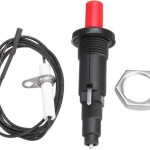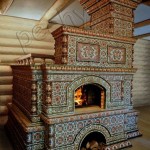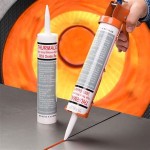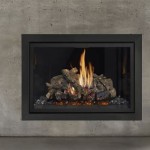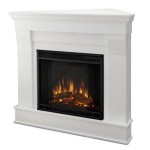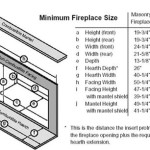Essential Aspects of Fireplace Liners: Wood Burning
Fireplace liners play a crucial role in ensuring the safety and efficiency of wood-burning fireplaces. They protect the masonry from heat damage, prevent chimney fires, and enhance the overall performance of the fireplace. Here are some essential aspects to consider when selecting and installing fireplace liners for wood burning:
Types of Fireplace Liners
Fireplace liners come in various materials, including metal, clay, and refractory cement. Metal liners are the most common and are made of stainless steel or aluminum. They are durable, long-lasting, and easy to install. Clay liners are made of fireclay and provide excellent insulation, but they are more fragile than metal liners. Refractory cement liners are a mix of cement and refractory materials and offer superior heat resistance.
Choosing the Right Liner
Selecting the appropriate fireplace liner depends on several factors, including the size and type of fireplace, the intensity of use, and the fuel type. For wood-burning fireplaces, metal liners are generally recommended due to their durability and heat resistance. The liner should be slightly smaller than the firebox to allow for proper expansion and contraction during extreme heat.
Installation Considerations
Professional installation is essential for ensuring the proper functioning and safety of fireplace liners. A qualified technician should assess the fireplace's condition and determine the appropriate liner size and installation method. Liners must be installed vertically and sealed securely to prevent smoke or gas leakage. Proper insulation and flashing around the liner are also crucial for maximizing efficiency and reducing fire hazards.
Maintenance and Inspection
Regular maintenance and inspection of fireplace liners are essential to ensure continued safe and efficient operation. Chimney sweeps should inspect the liner annually to check for damage, blockages, or corrosion. Liners should be cleaned regularly to remove soot, ash, and other debris. If any cracks, holes, or rust are detected, professional repairs or replacement should be considered.
Benefits of Fireplace Liners
Installing a fireplace liner for wood burning offers numerous benefits, including:
- Protects the masonry from extreme heat and damage
- Reduces the risk of chimney fires
- Improves fireplace efficiency and heat output
- Extends the lifespan of the fireplace
- Improves air circulation and draft
By considering the essential aspects outlined above, homeowners can ensure the safe, efficient, and enjoyable use of their wood-burning fireplaces for years to come. Investing in a quality fireplace liner is an essential step in protecting your home and maximizing the performance of your fireplace.

Wood Burning Fireplace Inserts Insert Installation

Napoleon Epi3 Wood Fireplace Insert Inserts By Rockford Chimney

Why A Wood Burning Fireplace Insert Bethesda Md Service

Ventis Hei240 Wood Burning Insert Rockford Chimney

T25i Timberwolf Wood Fireplace Insert Hearth Stove Patio

Large Flush Wood Rectangular Nexgen Fyre Made In America Fireplace Xtrordinair

Benefits Of Installing A Wood Burning Fireplace Insert

We Install Fireplaces Inserts And Stoves Top Fireplace Brands

Lopi Premium Wood Fireplace Inserts Custom Hearth Fireplaces And Stoves

Wood Inserts We Love Fire

